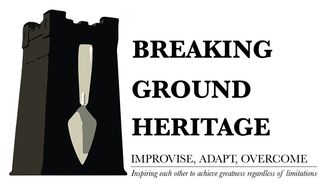Measuring Change
Recording Outcomes
This can sometimes be the most challenging aspect of the project. Simple questionnaires or written surveys can be very misleading if not interpreted correctly. This is equally true if a suitable relationship has not been developed between participants and mentors on projects.
Measuring change
If you are measuring any changes in participants, it is important that you ensure that you have some baseline data to compare it with. It is not enough to simply hand out a questionnaire at the end of the project and expect qualitative and quantitative data to be obtained. Examples of the types of questions that you might want to be asking are available later in the document.
- There are a whole range of surveys that can be used to look at wellbeing or personal health in participants. However, it is important to understand the limitations of these surveys when used in conjunction with physically or emotionally challenging projects
- When is the right time to record any personal data? What is the correct frequency for this project and who is responsible for doing this?
- Have you a plan on when and how to obtain your baseline and end of project data?
- Do you require a follow up survey on completion (3-6 months) and if so, what results are you realistically going to achieve from doing so? Will the data be reliable?
- What measures do you need to implement to meet current GDPR guidelines if you are collating personal data?
- Are you willing to share your outcomes data for others to utilise?
Measuring Wellbeing
This is an area that requires the most thought and it is advisable to seek assistance from psychologists, to ensure that you are collating what you need. Included in this toolbox are some measures that have worked well for BGH.
- Do you have ethics approval? This is essential to ensure that no harm is done to participants through your work, or if are wanting to publish your results in any academic context.
- What exactly are you wanting to measure/record? Anxiety, general wellbeing, depression, increased employability or something else?
- Are you looking for a short term ‘snapshot’ or a more comprehensive longitudinal study?
- What additional information are you collating, and can that be used to further inform your data? Age, ethnicity, previous experience etc.
- Who is responsible for the data and do they have the skills to understand what is being asked of them?
- What are you going to use your data for?
- Do you have in place measures to meet the GDPR guidelines?

